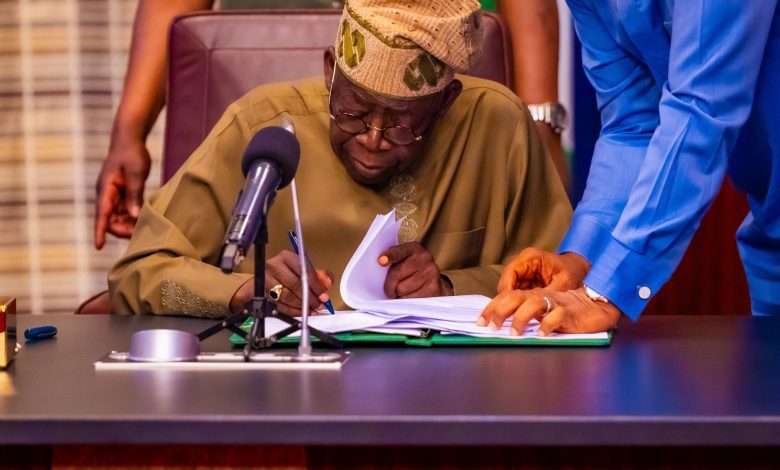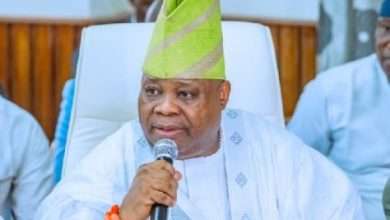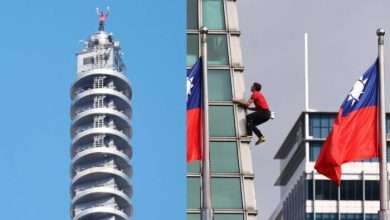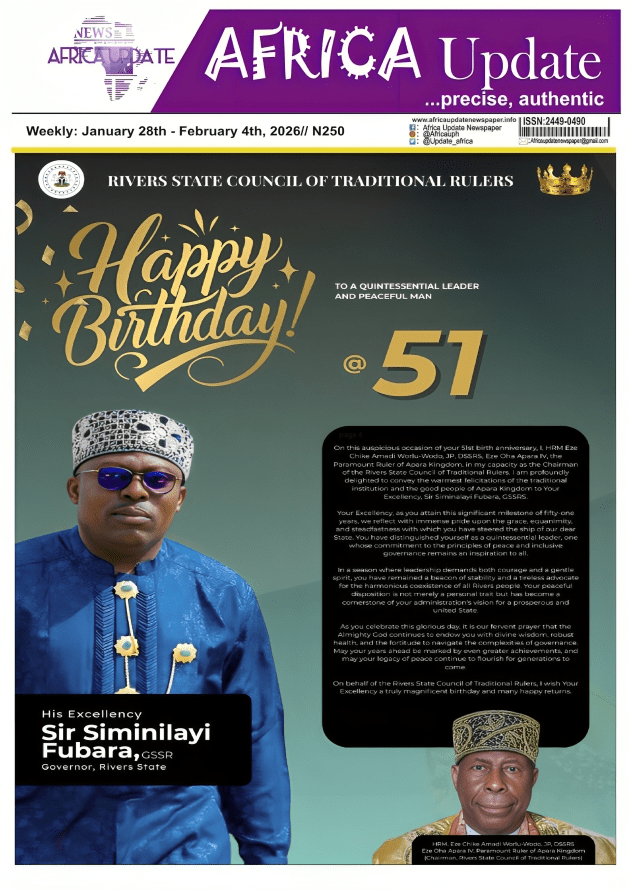
Abuja, Nigeria — President Bola Tinubu has moved decisively to mitigate a national outcry, formally withdrawing the pardon earlier granted to 175 convicts, including individuals sentenced for serious offences such as drug trafficking, kidnapping, and fraud.
The dramatic reversal comes three weeks after a storm of public and legal criticism greeted the initial clemency list, which included high-profile names like Maryam Sanda, convicted in 2020 for the murder of her husband.
In a statement issued on Wednesday by the President’s Special Adviser on Information and Strategy, Bayo Onanuga, the Presidency confirmed that the President had ordered a comprehensive review of the pardons approved at the National Council of State meeting on 9 October 2025.
“Consequently, certain persons convicted of serious crimes such as kidnapping, drug-related offences, human trafficking, fraud, unlawful possession of firearms/arms dealing, etc., were deleted from the list,” the statement clarified.
Rationale for the U-Turn
The decision, the Presidency stated, was undertaken in furtherance of the President’s discretionary powers under Section 175 of the 1999 Constitution and guided by extensive consultations with the Council of State and public feedback.
The reversal became necessary, the Presidency explained, due to the seriousness and security implications of some offences, the need to be sensitive to the feelings of the victims and society, the imperative to boost the morale of law-enforcement agencies, and adherence to bilateral obligations. Crucially, the concept of justice as a “three-way traffic for the Accused, the Victim, and the State/Society” informed the final deliberation.
High-Profile Cases and Revised Roll
The Attorney-General of the Federation and Minister of Justice, Lateef Fagbemi (SAN), subsequently released an official gazette dated 23 October 2025, confirming a revised set of instruments. The total number of beneficiaries across the four categories Pardon, Clemency, Reduced Terms of Imprisonment, and Commutation of Death Sentences was reduced from 175 to 120.
The most scrutinised case, that of Maryam Sanda, saw her initial full pardon withdrawn. She is now reclassified under reduced terms of imprisonment, with her sentence commuted to 12 years. Furthermore, individuals convicted of drug-related offences, the largest category on the original roll at 29.2 per cent, saw many of their clemencies entirely withdrawn.
The final Presidential Pardon list itself contains only 15 names, down from 82, retaining a handful of contemporary corruption-related beneficiaries alongside historic and symbolic cases, including the posthumous pardon of the Ogoni Nine activists executed in 1995.
Overhauling the Clemency Process
To ensure strict adherence to procedural standards henceforth, President Tinubu has initiated a two-fold institutional reform. First, he ordered the relocation of the Secretariat of the Presidential Advisory Committee on Prerogative of Mercy from the Ministry of Special Duties to the Federal Ministry of Justice.
Second, the Attorney-General was instructed to issue new guidelines mandating “compulsory consultation with relevant prosecuting agencies” before any list is approved. This measure is designed to preclude future controversies by ensuring that only persons who fully meet the stipulated legal and procedural requirements benefit from the clemency process.
Political Fallout
The dramatic policy reversal immediately ignited political sparring. Former Vice President Atiku Abubakar berated the President’s actions, describing the saga as “an act of shame” and evidence of a government that “thinks after it acts.” He questioned the initial vetting process that allowed drug traffickers and kidnappers onto the list, demanding transparency.
Similarly, the Peoples Democratic Party (PDP), through its Deputy National Youth Leader, Timothy Osadolor, accused the administration of crippling “policy somersaults” and disorganisation, arguing that the government’s misplaced loyalties appeared to favour those with questionable records.
Conversely, while the New Nigerian Peoples Party (NNPP) spokesperson, Ladipo Johnson, found the initial process “disgraceful,” the Labour Party commended President Tinubu for demonstrating responsiveness by bowing to public sentiment.
In closing the matter, President Tinubu reaffirmed his administration’s commitment to broader judicial reforms and improving the administration of justice in Nigeria, acknowledging the constructive feedback provided by the public and stakeholders.







